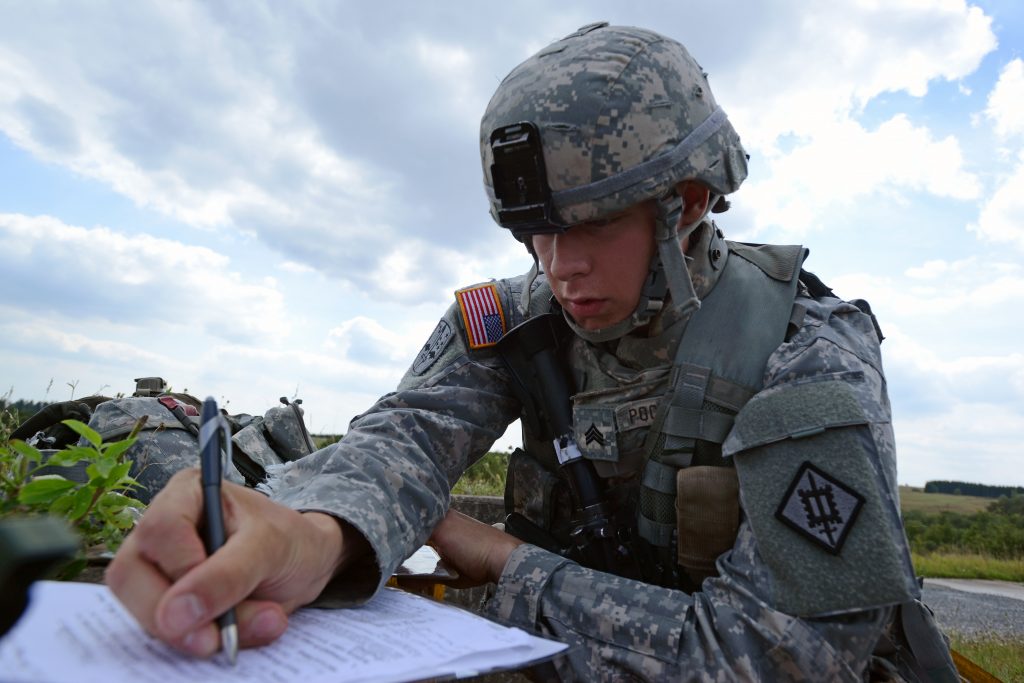By Being Clear on What Your Priorities Are and Being Prepared
An interruption is the act of causing a break in the continuity or uniformity of an activity by saying or doing something.
Growing up, I remember watching TV or listening to the radio and hearing the phrase “We interrupt this program”. This was a common phrase used to indicate an emergency broadcast or a breaking news event.

The phrase was first used in the United States in the 1960’s as part of the Emergency Broadcast System (EBS), which was established to provide an expeditious method of communicating with the American public in the event of war, threat of war, or a national crisis.
For me personally these announcements never caused me to worry. Sure, I would stop and pay attention, but it was more about listening to the information rather than panic. I remember when the attacks happened on 9/11 and people went to gas stations to fill up any kind of container they could.
If the world was coming to an end…a gallon of gas in a milk jug wasn’t a very good plan.
As Jesus’ followers began to spread the good news, the religious leaders would interrupt them trying to stop them. The followers didn’t stop. The more the followers shared, the more the religious leaders interrupted. These leaders liked the way things had been and didn’t want anything to change.
Then Saul was interrupted and struck blind with a flash of light.
We need to be careful not to get stuck in our ways or we might get smacked upside the head with a board. We need to be clear about who we are and Whose we are.
Philip was preaching in Samaria telling the people about Jesus and the people were eager for more teaching and to witness more miracles. Many people with evil spirits were healed, and the spirits went out of them. Several paralyzed and lame people were also healed. Everyone in that city was glad because of what was happening. (Act 8:4-8)
Sounds like things were going well for Philip and what he was doing. It would have been easy to stay there and continue.
But Philip was interrupted.
Philip was told by God’s angel to go into the desert on the road that goes from Jerusalem to Gaza…and he went.

There Philip saw an Ethiopian official riding in a chariot. The Spirit told Philip to catch up to the chariot…so he did.
The Ethiopian was heading home after he had been worshipping in Jerusalem and Philip heard him reading from the book of Isaiah. Philip asked him if he understood what he was reading. (Acts 8:26-30)
The Ethiopian said, “Not unless someone helps me.” Philip helped him understand and the Ethiopian asked to be baptized. They stopped the chariot at some water and when they came up out of the water after the baptism, the Lord’s Spirit took Philip away. (Acts 8:31-40)
Talk about an interruption!
Too often we get stuck in a routine activity. Doing that same thing we’ve always done, the way we’ve always done it. It may even be a good thing like what Philip was doing in Samaria. We just need to be open to God’s interruptions and be willing to act on them.
We’ve all had those things that tug on us to do something that isn’t a part of our plan or that we aren’t comfortable doing. Often, these are God’s way of interrupting us.
It’s His way of letting us know His plans.
We just need to embrace the interruption…and do it.










